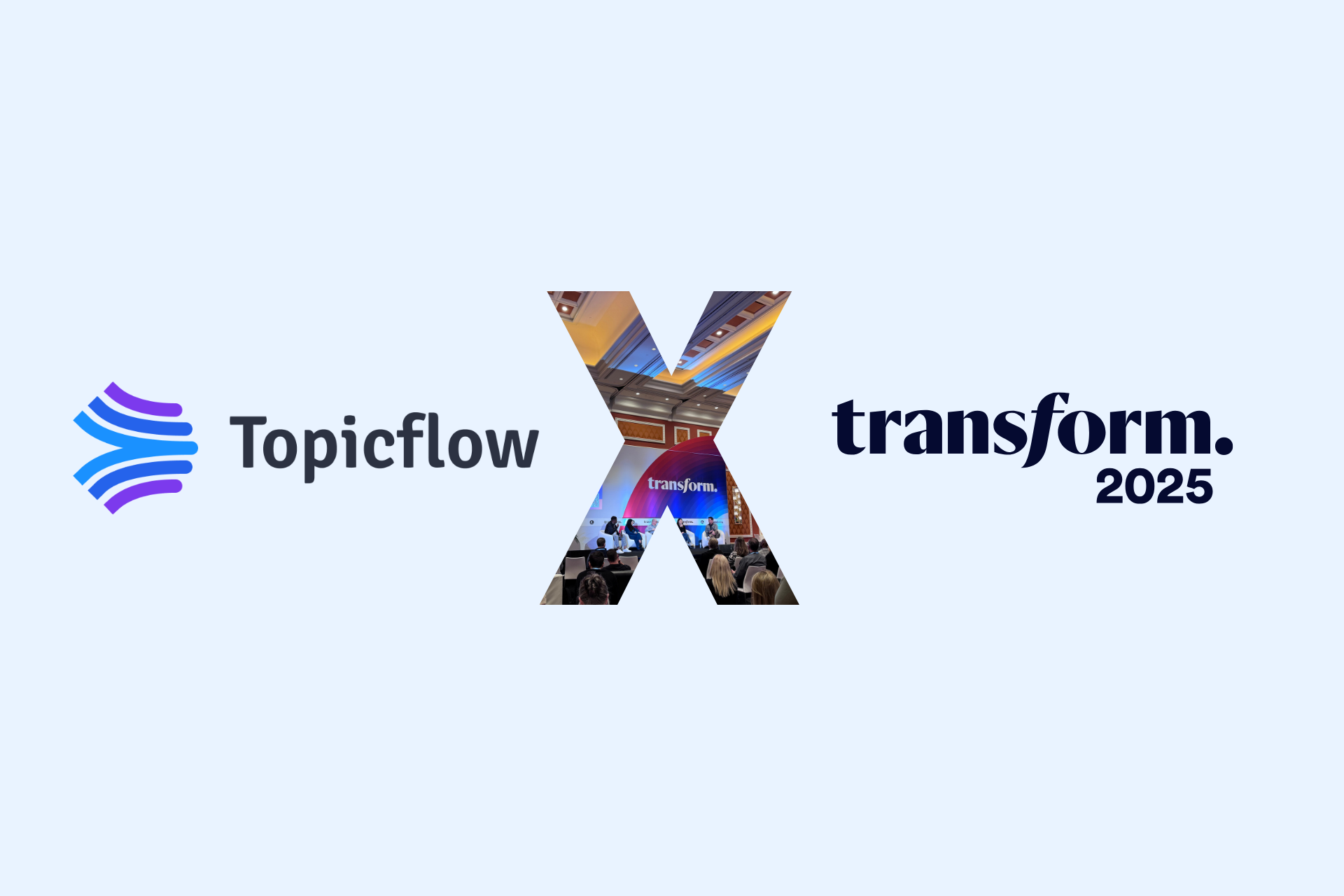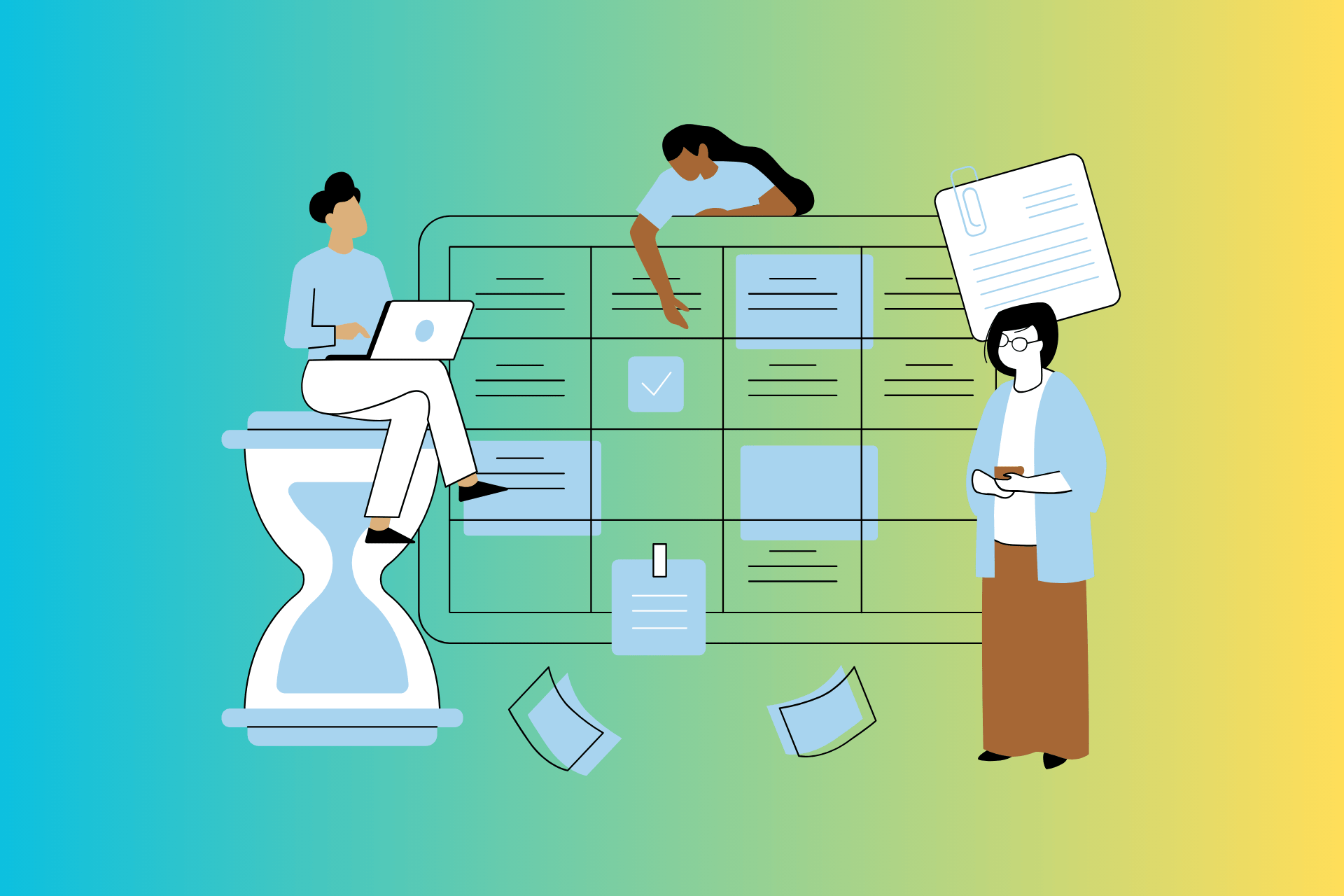1:1 meetings are vital tools for managers and people teams aiming to cultivate high business & employee performance cultures within their organizations. This article, inspired by insights from our recent webinar featuring Wendy Pat Fong and Libby Stewart, explores effective strategies to enhance these meetings. Our focus is on the integration of technology and personalized approaches that can transform routine check-ins into powerful tools for employee growth and organizational success - week-after-week.
The Strategic Importance of 1:1s
1:1 meetings are not just administrative routines but strategic tools that can significantly impact an organization's health in the form of more accurate decision making. These meetings provide a platform for managers and employees to align on goals, course correct, clarify expectations, and engage in meaningful dialogue around career growth. They are especially critical in:
- Fostering Alignment: Ensuring every team member is on the same page with organizational objectives, and doing so productively.
- Enhancing Clarity and Engagement: Regular, targeted discussions help keep team members engaged and informed on feedback and company/team direction.
- Achieving Goals: Direct communication aids in tracking progress and addressing any hindrances to achieving set objectives, including career based development.
Technological Advancements Enhancing 1:1s
Advancements in HR tech have revolutionized the way 1:1 meetings are conducted. By integrating sophisticated tools into everyday management practices, organizations can achieve more efficient and effective communication. These technological enhancements include:
- Integrating Data: Seamless integration with management systems allows for real-time tracking of individual and team progress (eg. Goals, KPIs)
- Enhancing Productivity: AI-driven tools provide suggested action items and feedback, which streamline the preparation and follow-up processes, allowing managers to focus more on dialogue and less on administrative tasks.
Effective Management Through 1:1s
Effective 1:1s are a blend of art and science, requiring thoughtful preparation and a personal touch. Managers must be adept at tailoring discussions to the unique needs of each team member while maintaining an eye on the broader team and organizational goals. Essential elements include:
- Strategic Thinking: Customizing discussions to directly address the development needs and career aspirations of employees.
- Real-Time Insights: Utilizing tools that bring relevant performance data into the discussion ensures that conversations are grounded in reality and focused on outcomes.
Empowering Employees in Discussions
A key to successful 1:1s is empowering employees to actively participate in shaping these discussions. This approach not only enhances the relevance of the meetings but also boosts the engagement and motivation of employees by giving them a voice in their professional growth. Strategies for empowerment include:
- Collaborative Agendas: Encouraging employees to contribute agenda items ensures that the meetings address their most pressing concerns and interests.
- Encouraging Ownership: This collaborative approach helps employees feel more responsible and invested in the outcomes of their discussions, thereby enhancing the overall effectiveness of the meetings.
- Requesting Feedback: Promoting the idea of feedback being shared with managers by their direct-reports on the agenda, meeting outcomes and value of conversation. Many managers struggle to receive this sort of feedback, opting for engagement survey results.
Now, let’s take a look at how this can be implemented today, with the use of AI.
A Tactical Framework for Effective 1:1 Meetings with AI Integration
Enhancing 1:1 meetings through selective use of AI can streamline the process, making it more efficient and impactful. AI automates the aggregation of performance data and suggests personalized development actions based on career trajectory analytics. Here is a more focused step-by-step guide to integrating AI effectively into 1:1 meetings:
1. Pre-Meeting Preparation:
- Performance Data Review: Review the employee’s recent performance data daily used tools you’ve connected to your performance platform (think Jira, Salesforce, GitHub, Asana, etc.) to ensure a comprehensive understanding of their current tasks, achievements and challenges without duplicating work.
- Agenda Preparation: Prepare a list of topics based on upcoming projects, current challenges, and long-term career development plans, ensuring they align with data-driven insights from the employee's work platforms.
- “Ask AI”: Ensure your tool includes a feature like 'Ask AI' that allows managers to query historical meeting data and performance insights, enabling better preparedness and context for discussions.
2. Setting the Agenda:
- Collaborative Agenda Setting: Collaboratively set the agenda with the employee, ensuring it addresses their immediate needs and concerns and includes development-focused items and strategic alignment with organizational goals.
3. During the Meeting:
- Assign Responsibilities: Clearly assign responsibilities for each action item, setting deadlines and expected outcomes, facilitated by AI where appropriate for documentation.
- Guided Discussion: Discuss each agenda item, encouraging open dialogue and using AI-generated meeting highlights and insights to guide the conversation effectively.
4. Actionable Outcomes:
- AI-Suggested Action Items & Feedback: Utilize AI to generate actionable items and feedback suggestions directly from meeting discussions, reducing manual entry and ensuring relevant follow-ups.
5. Feedback and Reflection:
- Feedback Collection: Use the meeting's end to ask for feedback, enhanced by AI suggestions on potential areas of improvement based on the meeting's analytics.
- Meeting Effectiveness Analysis: Reflect on the meeting's effectiveness using AI-generated insights to adapt future approaches.
6. Post-Meeting Follow-Up:
- Document Actions & Decisions: Enhance efficiency by utilizing AI to transcribe meetings and highlight action items and decisions, streamlining documentation and follow-up.
7. Continuous Improvement:
- Process Optimization: Regularly use insights gathered from AI-enhanced analytics to refine the 1:1 meeting process, aiming for more personalized and effective interactions. View overall meeting stats to understand where time is being spent, and when.
- Ongoing Managerial Development: Leverage feedback and AI suggestions to tailor ongoing education and training for managers, focusing on areas that could enhance their effectiveness in one-on-ones.
By integrating AI selectively, focusing on areas like meeting summaries, highlights, and suggested actions or feedback, managers can conduct more focused, productive, and insightful 1:1 meetings. This approach ensures that the human element remains at the forefront while still harnessing technology to enhance communication and outcome alignment effectively.
Concluding Thoughts
As organizations strive for higher performance and deeper employee engagement, the significance of effectively conducted 1:1 meetings cannot be overstated. For managers and people teams, the integration of sophisticated tools and personalized approaches can transform these interactions into crucial drivers of individual and organizational success. Interested parties should consider exploring advanced platforms that seamlessly integrate with daily workflows, thereby enhancing the strategic impact of every discussion and ensuring that both managers and employees can focus on achieving their highest potential.
Click here to listen to the recording of the webinar.
Looking to improve the effectiveness of your meeting culture?
Book a demo and start a free trial with Topicflow.


